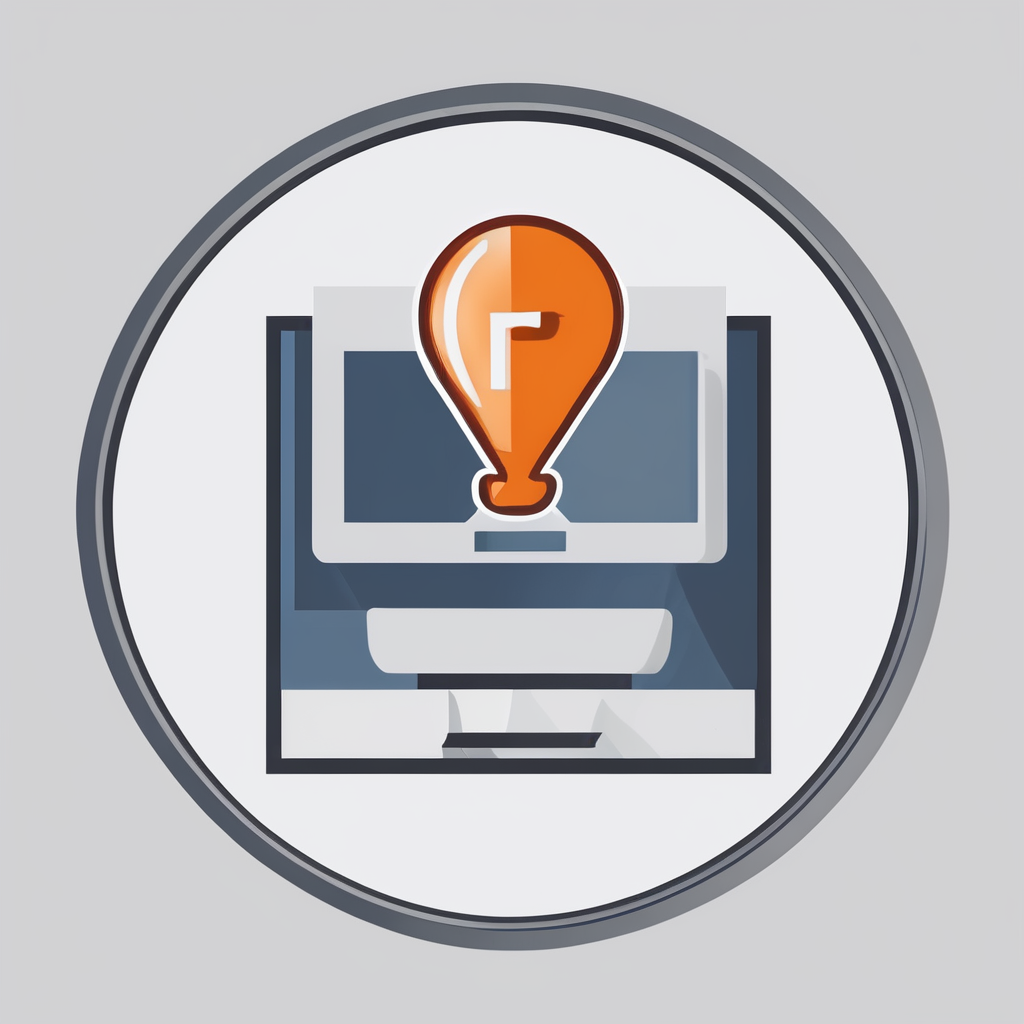Revolutionizing Social Media Insights: The Ultimate Guide to Building a State-of-the-Art AI Analytics Platform in Real-Time
In the fast-paced world of social media, staying ahead of the curve is crucial for businesses aiming to maximize their online presence. The integration of artificial intelligence (AI) into social media analytics has transformed the way companies gather, analyze, and act on data. Here’s a comprehensive guide on how to build a state-of-the-art AI analytics platform to revolutionize your social media insights in real-time.
Understanding the Importance of Real-Time Social Media Analytics
Real-time social media analytics is no longer a luxury but a necessity for businesses. It allows companies to respond promptly to trends, customer feedback, and competitor activities. Here’s why real-time analytics is vital:
Topic to read : Transform Your Visuals: Harnessing AI to Boost Image and Video Quality in Digital Media
- Immediate Feedback: Real-time analytics provides instant feedback on the performance of your social media content, enabling you to adjust your strategies on the fly[2][3][5].
- Competitive Edge: By monitoring your competitors in real-time, you can identify gaps in the market and capitalize on opportunities before they do[2][4][5].
- Customer Satisfaction: Real-time analytics helps in understanding customer sentiment and addressing their concerns promptly, enhancing user experience and loyalty[2][5].
Choosing the Right AI-Powered Tools
The market is flooded with various AI-powered social media analytics tools, each with its unique features and strengths. Here are some of the top tools you should consider:
Semrush Social
- Features: Analytics for Facebook, Instagram, TikTok, and LinkedIn; social tracker for competitor analysis; content insights and AI tool for posting new content[1].
- Pricing: $29.99 per month with an existing Semrush subscription, plus $29.99 for the Social Content AI feature[1].
- Great for: Businesses looking for a top-down overview of social performance[1].
Hootsuite
- Features: Monitoring streams for keywords, hashtags, or brand mentions; analytics for likes, shares, clicks, and new followers; sentiment analysis[2].
- Pricing: Varies based on the plan, with a free trial available[2].
- Great for: Businesses needing a user-friendly platform to track multiple social media platforms[2].
Sprout Social
- Features: Advanced listening tool for social data; sentiment analysis for crisis management; influencer recognition; ROI measurement for social campaigns[1][5].
- Pricing: On request[1].
- Great for: Enterprise-level social media teams needing comprehensive analytics and CRM integration[1].
Key Features of an AI Analytics Platform
An effective AI analytics platform for social media should include several key features:
Advanced Analytics
- Engagement Metrics: Track likes, shares, comments, and other engagement metrics to understand how your content is performing[1][2][3].
- Audience Demographics: Analyze the demographics of your audience to tailor your content and marketing strategies[1][3][4].
Real-Time Insights
- Monitoring: Set up streams to track specific keywords, hashtags, or brand mentions across multiple platforms in real-time[2][3][5].
- Sentiment Analysis: Use AI to analyze the tone of online conversations, categorizing them as positive, negative, or neutral[2][3][5].
AI-Powered Social Listening
- Machine Learning and NLP: Utilize machine learning and natural language processing (NLP) to analyze data from social media platforms, forums, and review websites[5].
- Trend Tracking: Identify trending topics and discussions in your industry to stay informed and adapt your strategies accordingly[2][5].
Building Your AI Analytics Platform
Building an AI analytics platform involves several steps:
Data Collection
- Integration with Social Media Platforms: Integrate your platform with various social media platforms to collect data on engagement, mentions, and other relevant metrics[1][3][5].
- Web and Forum Data: Collect data from websites, blogs, forums, and other online sources to get a comprehensive view of your brand’s online presence[3][5].
Data Analysis
- Predictive Analytics: Use predictive analytics to forecast future trends and engagement based on historical data[5].
- Sentiment Analysis: Implement AI-driven sentiment analysis to understand the tone of online conversations about your brand[2][3][5].
Content Creation and Optimization
- AI-Generated Content: Use AI tools to generate content that is likely to engage your target audience, such as AI-writing assistants[4].
- Content Calendar: Utilize a social content calendar to schedule and optimize your content for maximum impact[4].
Best Practices for Implementing AI in Social Media Analytics
Here are some best practices to keep in mind when implementing AI in your social media analytics:
Start Small and Scale
- Begin with basic analytics tools and gradually move to more advanced AI-powered tools as your needs and capabilities grow[1][3].
Focus on User Experience
- Ensure that the insights gathered from AI analytics are used to enhance the user experience, whether through better content creation or prompt customer service[2][5].
Continuous Monitoring and Adjustment
- Continuously monitor your analytics and adjust your strategies based on the insights gathered. Real-time analytics is about being agile and responsive[2][3][5].
Practical Insights and Actionable Advice
Here are some practical insights and actionable advice to help you get the most out of your AI analytics platform:
Use AI for Competitor Analysis
- Tools like Rival IQ and Sprout Social offer robust competitor analysis features. Use these to benchmark your performance against competitors and identify areas for improvement[1][4][5].
Leverage AI for Content Creation
- AI can help in generating high-quality content. For example, ContentStudio’s AI-writing assistant can assist in creating engaging social media posts[4].
Integrate with CRM Systems
- Integrating your AI analytics platform with CRM systems can help in centralizing customer data and improving overall customer experience[1][5].
Table: Comparing Top AI-Powered Social Media Analytics Tools
| Tool | Key Features | Pricing | Best For |
|---|---|---|---|
| Semrush Social | Analytics for Facebook, Instagram, TikTok, LinkedIn; social tracker; content insights | $29.99/month + $29.99 for Social Content AI | Top-down overview of social performance[1] |
| Hootsuite | Monitoring streams; analytics; sentiment analysis | Varies based on plan | User-friendly platform for multiple platforms[2] |
| Sprout Social | Advanced listening tool; sentiment analysis; ROI measurement | On request | Enterprise-level social media teams[1] |
| Brandwatch | AI-integrated analytics; real-time insights; sentiment analysis | On request | Comprehensive analytics and crisis management[1][5] |
| ContentStudio | Social media scheduling; AI-writing assistant; content approval workflow | Varies based on plan | Agencies, brands, and marketers needing all-in-one dashboard[4] |
| Rival IQ | Competitor analysis; social audit reports; social listening | Free head-to-head report; paid plans | Marketers and influencers refining social media approach[4] |
Quotes from Industry Experts
- “AI-powered social listening tools use ML and NLP to analyze data from social media platforms, forums like Reddit and review websites like Trustpilot to give you deeper brand and customer insights.” – Sprout Social[5]
- “Real-time analytics is crucial for businesses to respond promptly to trends, customer feedback, and competitor activities.” – Meltwater[3]
- “By integrating AI into your social media analytics, you can automate manual tasks, optimize strategies, and enhance customer experience.” – ContentStudio[4]
Building a state-of-the-art AI analytics platform for social media is a game-changer for businesses looking to enhance their online presence. By choosing the right tools, focusing on real-time insights, and implementing best practices, you can leverage AI to drive data-driven decisions, improve customer satisfaction, and stay ahead of the competition. Remember, the key to success lies in continuous monitoring, adjustment, and a commitment to using AI to enhance every aspect of your social media marketing strategies.
In conclusion, the integration of AI into social media analytics is not just a trend but a necessity for any business aiming to thrive in the digital age. By following this guide, you can create a robust AI analytics platform that provides real-time insights, drives engagement, and fosters a deeper understanding of your target audience. Whether you’re a small business or an enterprise, the power of AI in social media analytics can revolutionize your marketing strategies and take your brand to new heights.











